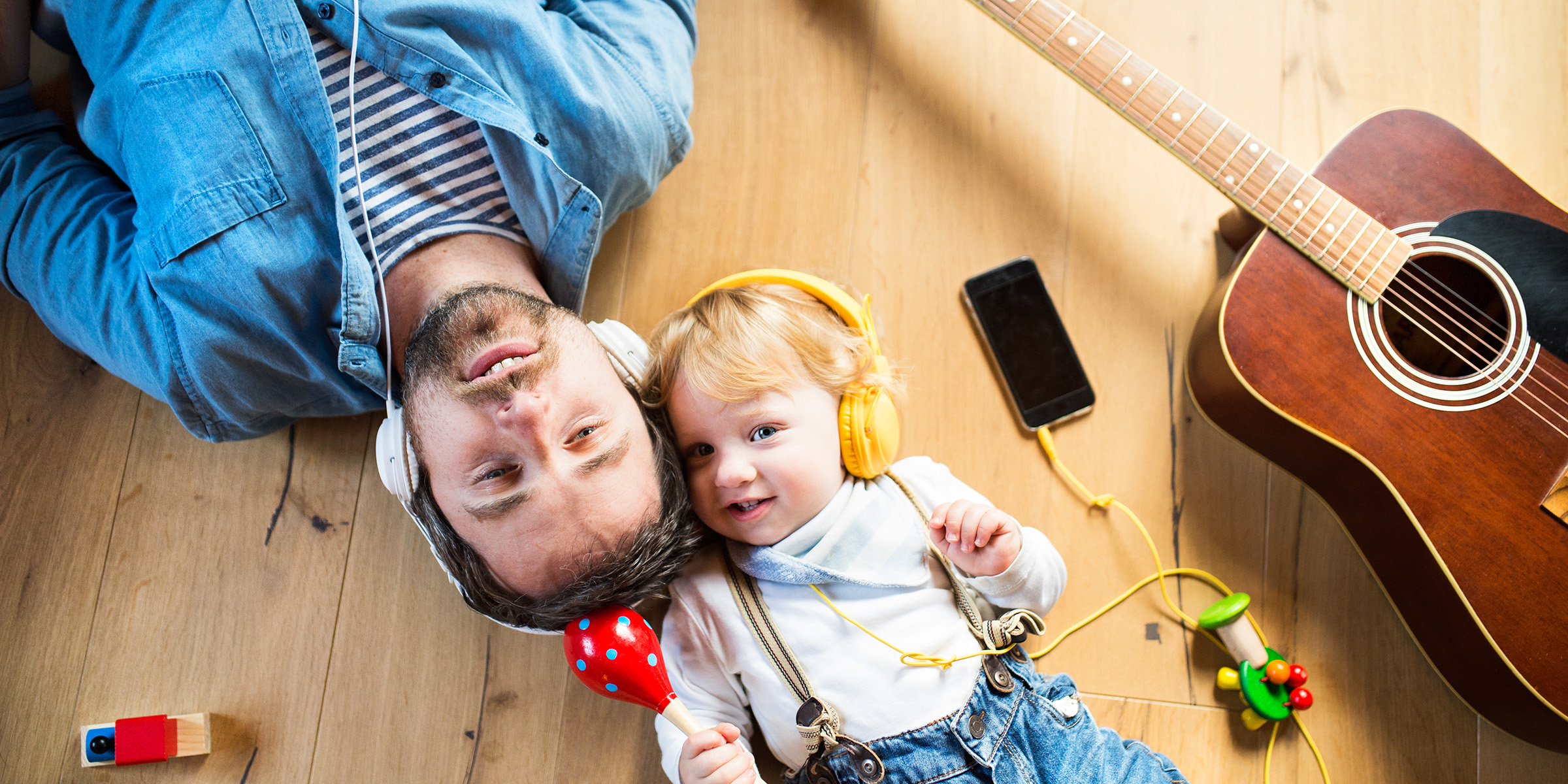Hello!
A Parent’s Guide to Navigating the Excitement and Risks of Your Child’s First Live Music Experience
Introduction
 As a parent, watching your child experience their first live music event can be an exhilarating and nerve-wracking experience.
As a parent, watching your child experience their first live music event can be an exhilarating and nerve-wracking experience.
On one hand, you want to encourage your child’s love for music and provide them with a memorable experience. On the other hand, ensuring their safety and well-being is of utmost importance.
Attending concerts with your child can be an excellent opportunity to prepare them for their future. On the other hand, sending them off on their first solo concert can be nerve-racking. In this guide, we will explore tips and strategies for parents to balance safety and support at their child’s first concert together or alone.
Preparing for The Concert
A. Researching The Venue and Artist
Before attending the concert, it’s important to research the venue and artist to get an idea of what to expect. This includes the location, venue size, and the type of crowd expected to attend. Additionally, it’s important to research the artist to ensure their age-appropriate music and stage performance.
B. Setting Expectations and Boundaries with Your Child
Communication is key when it comes to attending a live music event with your child. Set clear expectations and boundaries beforehand, including curfew times, prohibited behaviours, and the consequences of breaking these rules. If you’re attending with them or they are going alone have an honest conversation by listening to their concerns and imparting boundaries. Make sure your child knows you trust them and are helping to guide them through a positive experience.
C. Tips for Selecting Safe Transportation and Accommodation Options
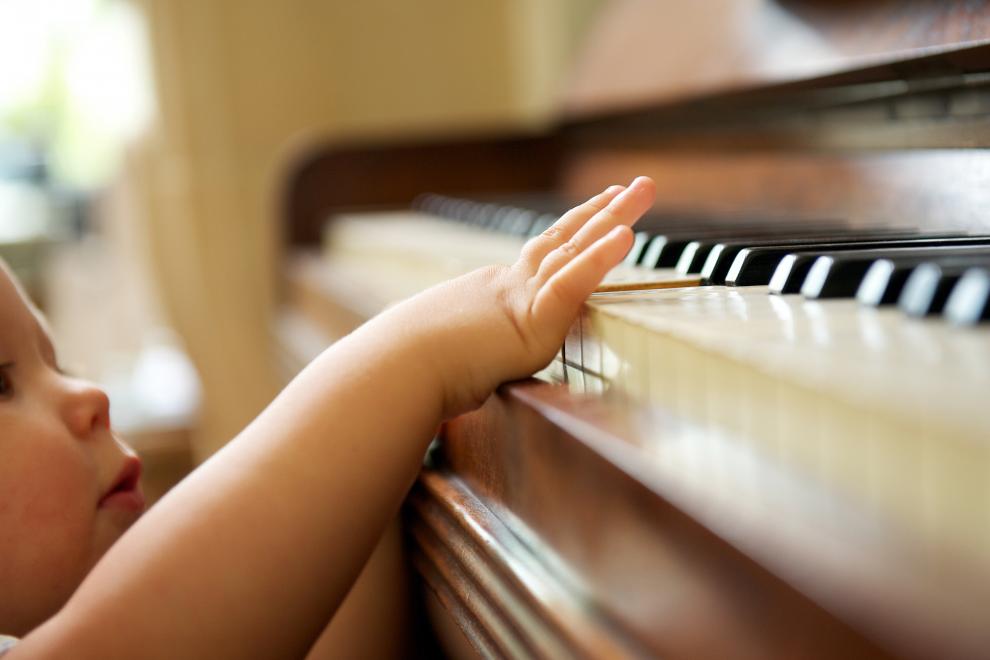 If you’re travelling to attend the concert, it’s important to choose safe transportation and accommodation options. This may include researching reliable transportation services and choosing a hotel located in a safe area.
If you’re travelling to attend the concert, it’s important to choose safe transportation and accommodation options. This may include researching reliable transportation services and choosing a hotel located in a safe area.
Or if you are driving check the parking nearby. Knowing this information ahead of time will help keep things running smoothly on the day of the event.
III. On the Day of the Concert
A. Ensuring Your Child is Equipped with Appropriate Clothing and Gear
To ensure your child is comfortable and safe during the concert, ensure they have dressed appropriately for the weather and the venue. This may include wearing comfortable shoes, bringing a jacket or rain gear, and carrying a small bag to store essentials. Remember clothing is a tool for expressing personal identity and keeping warm or comfortable. Treating clothing as a tool can help send your child a strong sense of ease in their body and clothes.
B. Communication Strategies for Staying in Touch with Your Child
 During the concert, it’s important to stay in touch with your child to ensure their safety. If you are with them, check in with their experience. If you are not attending with them, agree on a communication strategy beforehand, such as using a cell phone or agreeing on a meeting point.
During the concert, it’s important to stay in touch with your child to ensure their safety. If you are with them, check in with their experience. If you are not attending with them, agree on a communication strategy beforehand, such as using a cell phone or agreeing on a meeting point.
It can be tempting to want constant communication.
Remember this is your child’s opportunity to test boundaries and gain independence in a safe environment so honour their experience and only check in when necessary. If you have properly established trust and expectations they will check in when needed.
C. Tips for Staying Safe and Aware of Your Surroundings
As a parent, you are vigilant and aware of your surroundings. During a concert, this can include keeping an eye on your child, being mindful of potential risks or hazards, and staying alert to any signs of trouble. Teach them signs of changing dynamics and communicate with them your decision-making process. If you aren’t attending with your child you can warn and prepare them for this experience but your trust in them to be their own eyes and ears will be an important practice.
IV. During the Concert
A. Managing Crowd Dynamics and Potential Risks
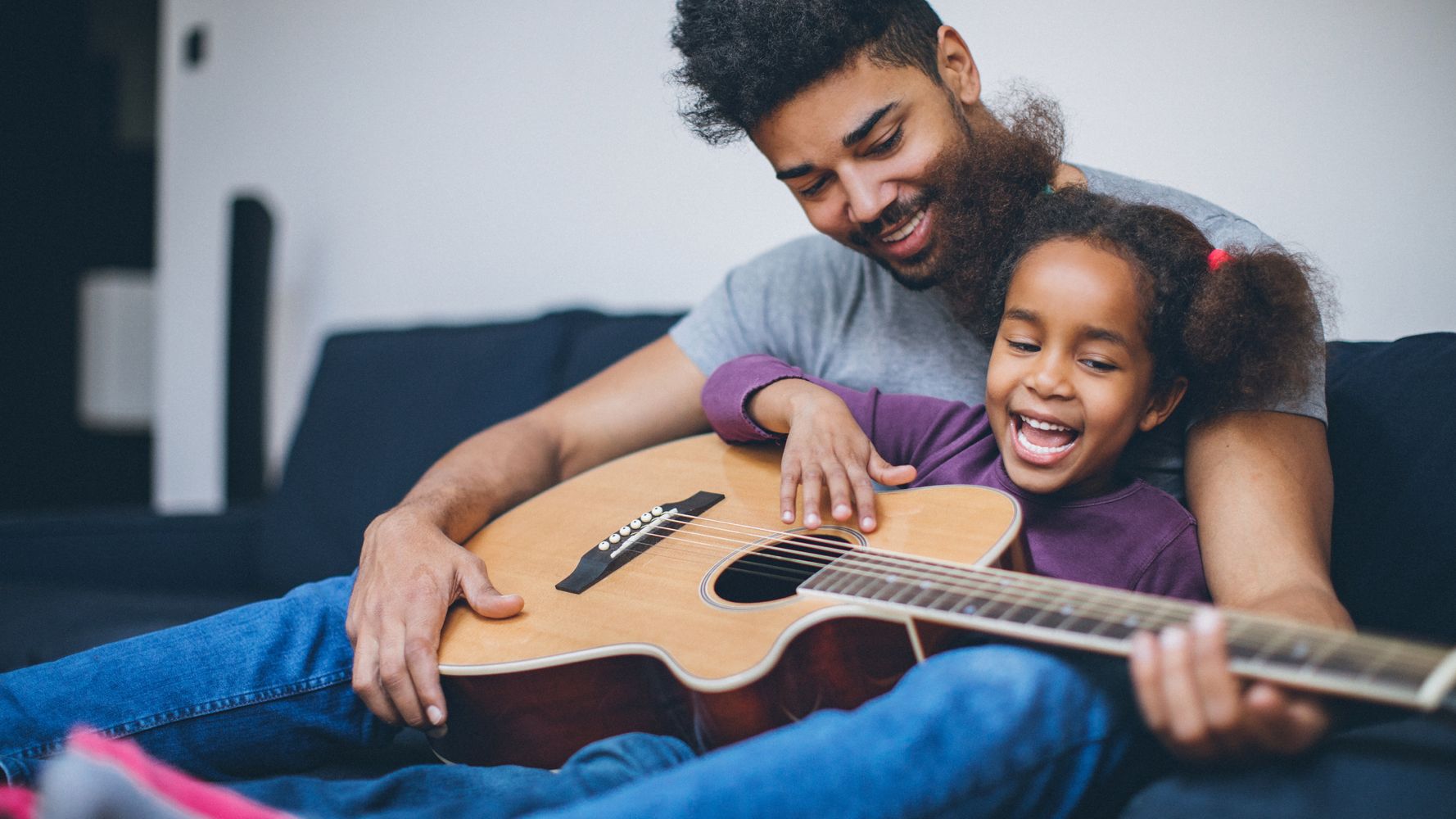 Live music events can be chaotic and unpredictable. As a parent, it’s important to be mindful of crowd dynamics and potential risks, such as moshing or crowd surfing. Encourage your child to stay away from dangerous situations and find a safe spot to enjoy the music. Let them know what can happen during a concert you attend together so when they gain more independence they are equipped to handle any situation.
Live music events can be chaotic and unpredictable. As a parent, it’s important to be mindful of crowd dynamics and potential risks, such as moshing or crowd surfing. Encourage your child to stay away from dangerous situations and find a safe spot to enjoy the music. Let them know what can happen during a concert you attend together so when they gain more independence they are equipped to handle any situation.
B. Helping Your Child Navigate Any Challenging Situations that may Arise
If your child experiences a challenging situation during the concert, such as feeling overwhelmed or lost, it’s important to be there to support them. This may include helping them find a quiet space to calm down or seeking the assistance of security or event staff. Teaching them what to do when you are with them can facilitate their independence later to handle situations that arise. Concerts aren’t the only places where kids can get overwhelmed so equip them with the skills to regulate their emotions now for success later.
C. Strategies for Supporting Your Child’s Musical Experience and Enjoyment
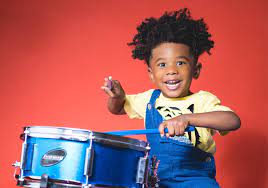 Despite the potential risks, attending a live music event can be a memorable and enjoyable experience for your child. Encourage their love for music by showing enthusiasm for the performance, allowing them to take photos or videos, and sharing their excitement. While teaching them important life skills like risk assessment or emotional regulation you are also teaching them to be in the moment and enjoy life. These skills are all equally important!
Despite the potential risks, attending a live music event can be a memorable and enjoyable experience for your child. Encourage their love for music by showing enthusiasm for the performance, allowing them to take photos or videos, and sharing their excitement. While teaching them important life skills like risk assessment or emotional regulation you are also teaching them to be in the moment and enjoy life. These skills are all equally important!
V. After The Concert
A. Checking in with Your Child and Discussing The Experience
After the concert, take time to check in with your child and discuss their experience. Ask them about their favourite moments, any challenges they faced, and any new insights they gained from the event. This can help them process what they learned or experienced. Furthermore, it shows your child you care and is interested in their life experiences, bringing you closer.
B. Addressing Any Concerns or Issues that Arose
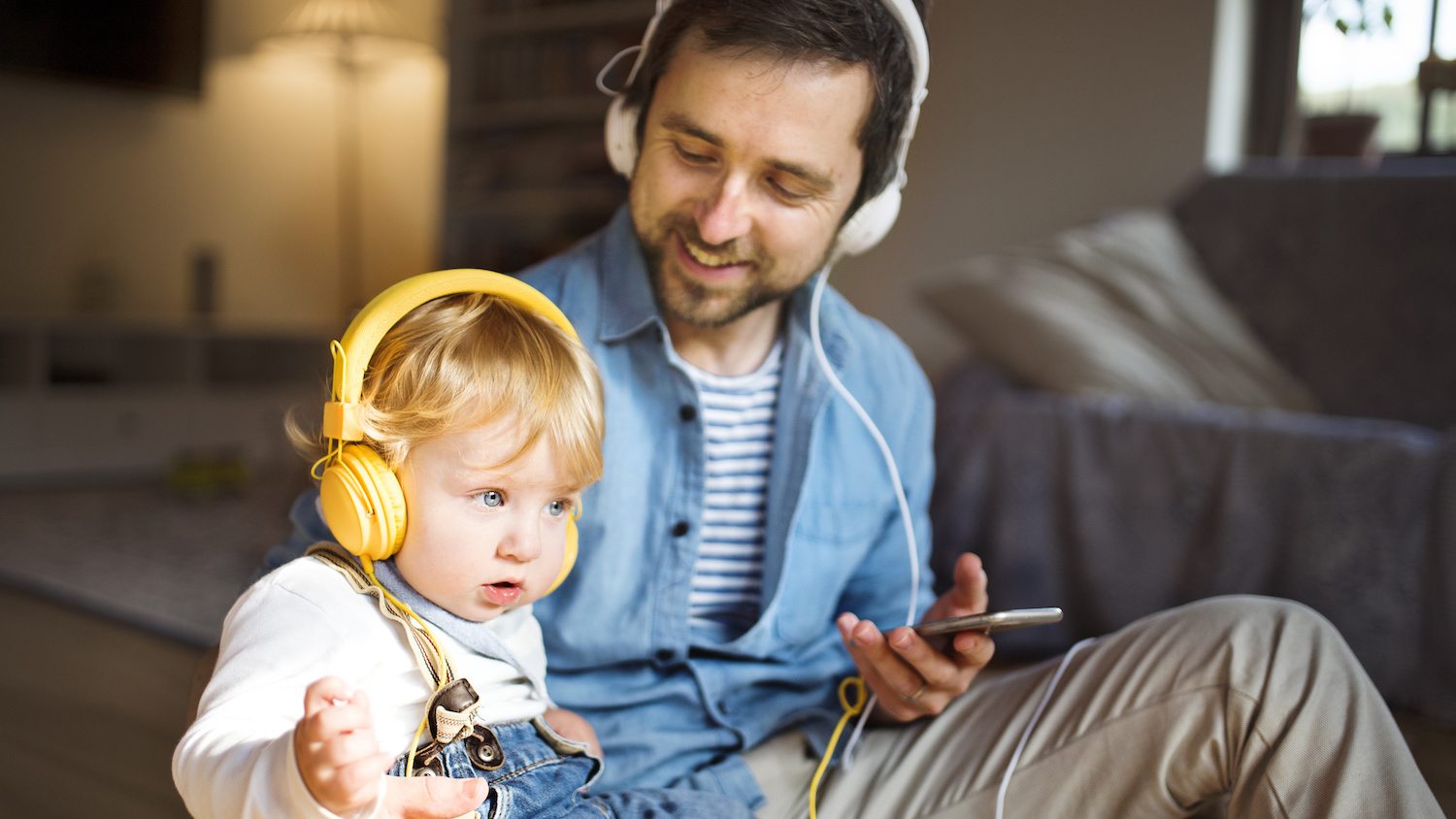 If any concerns or issues arose during the concert, such as safety concerns or prohibited behaviours, it’s important to address them with your child. Use these situations as opportunities to discuss safety and responsible behaviour. Remind them you trust them and are advocating for their safety by putting up boundaries. Encourage honesty and listening, while also holding your boundary.
If any concerns or issues arose during the concert, such as safety concerns or prohibited behaviours, it’s important to address them with your child. Use these situations as opportunities to discuss safety and responsible behaviour. Remind them you trust them and are advocating for their safety by putting up boundaries. Encourage honesty and listening, while also holding your boundary.
C. Celebrating The Accomplishment and Looking Ahead to Future Musical Experiences
Attending their first live music event is a significant accomplishment for your child, so be sure to celebrate it with them. This may include framing concert tickets or creating a scrapbook of the experience. Additionally, look ahead to future musical experiences and continue to support your child’s love for music while prioritising their safety and well-being.
Also read:
- All About Parcel And Courier Services
- 6 Benefits of Working With a Business Coach as You Launch Your Startup
- How to Plan Your App Development Process
VI. Conclusion
Attending a live music event can be an exciting and memorable experience for your child, so facilitate a balance of their enjoyment with their safety and well-being. By following these tips and strategies, you can ensure that your child’s first concert is a positive and safe experience that nurtures their love for music. Remember to communicate with your child, be prepared for the event, and celebrate their accomplishment afterwards.
Thank you!
Join us on social media!
See you!

